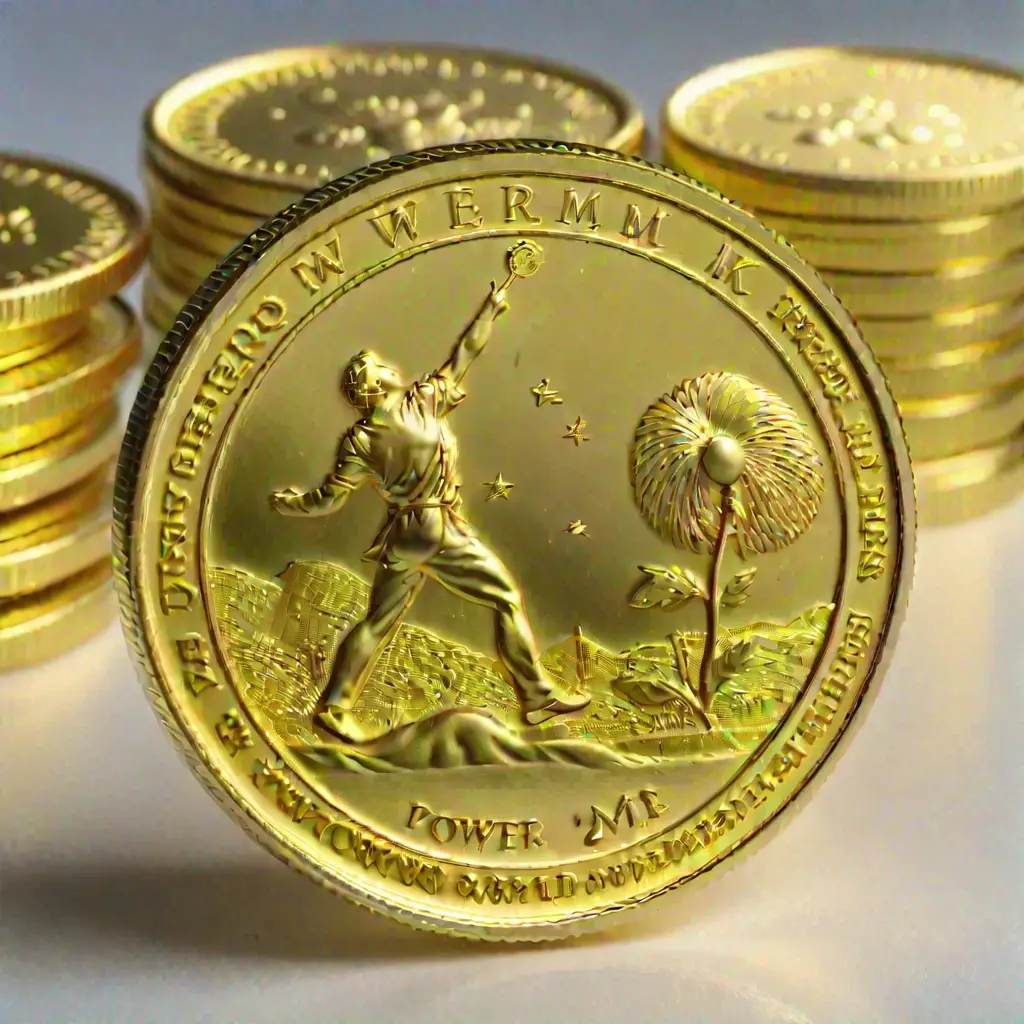What is the Meaning of Wealth?
What is the truth about wealth?
Is it simply the number in your bank account, or is it something far more complex and multifaceted? The concept of wealth has evolved throughout history and varies across cultures, often encompassing a mix of tangible and intangible assets. Understanding and managing wealth is crucial for personal growth and financial stability. We will delve into the various aspects of wealth, from its tangible and intangible components, wealth management strategies, and the ethics of wealth accumulation.
Key Takeaways
- Wealth involves more than money and possessions, including land and labour.
- Tangible wealth includes physical assets such as real estate, while intangible aspects refer to non-material factors like financial independence.
- Wealth management strategies involve budgeting, investing, managing debt/liabilities and creating a solid financial foundation for successful wealth creation with social responsibility in mind.
Understanding Wealth: Beyond Money and Possessions
Wealth is a concept that can be interpreted differently by each person, but it often involves the money value of possessions and assets. Economists perceive wealth as “the total of anything of value”, also known as accumulated wealth. In this context, comparative wealth refers to the differences in accumulated wealth among individuals or groups.
Adam Smith defined wealth as “the annual produce of the land and labour of the society”, a concept that can result in immense prosperity for certain individuals or nations, contributing to their national wealth. However, the truth about wealth is that it is insufficient to define wealth solely by money, as it is impossible to accrue enough money to guarantee happiness.
Tangible Aspects of Wealth
The tangible aspects of wealth refer to physical assets that are perceptible to the senses, also known as valuable possessions or valuable material possessions. These include:
- Real estate
- Fine art
- Jewellery
- Other physical possessions that possess economic value and contribute to an individual’s total wealth.
In early human societies, those who had amassed a great quantity of:
- burial-site tools
- weapons
- baskets/pots
- food
Were viewed as having great wealth, indicating their relative wealth compared to others in their group, and were even perceived to possess immense wealth due to their rich or valuable contents.
Intangible Aspects of Wealth
Intangible wealth refers to the non-material aspects of wealth, such as financial freedom, happiness, health, relationships, and living within one’s means. Obtaining wealth is more about not having stress and less about material possessions.
It involves possessing the resources to pursue what brings satisfaction, like retiring or launching a business, all while maintaining a balanced budget. Maintaining financial stability and achieving a sense of joy are both paramount to one’s prosperity. Financial autonomy gives people the opportunity to pursue their interests and lead a life of satisfaction.




